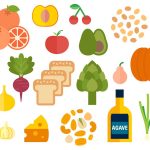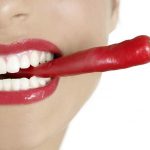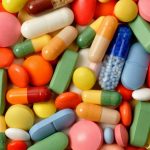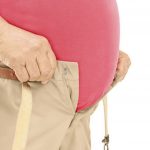Avoiding Future Flare Ups
After a case of diverticulitis has passed, you will be able to move back to a diet of solid foods that includes fiber-rich foods. Slowly increase the fiber you eat to the recommended 25-35 grams a day. Following a high fiber diet will help you prevent future flare ups, but you need to also limit alcohol and fried food consumption.
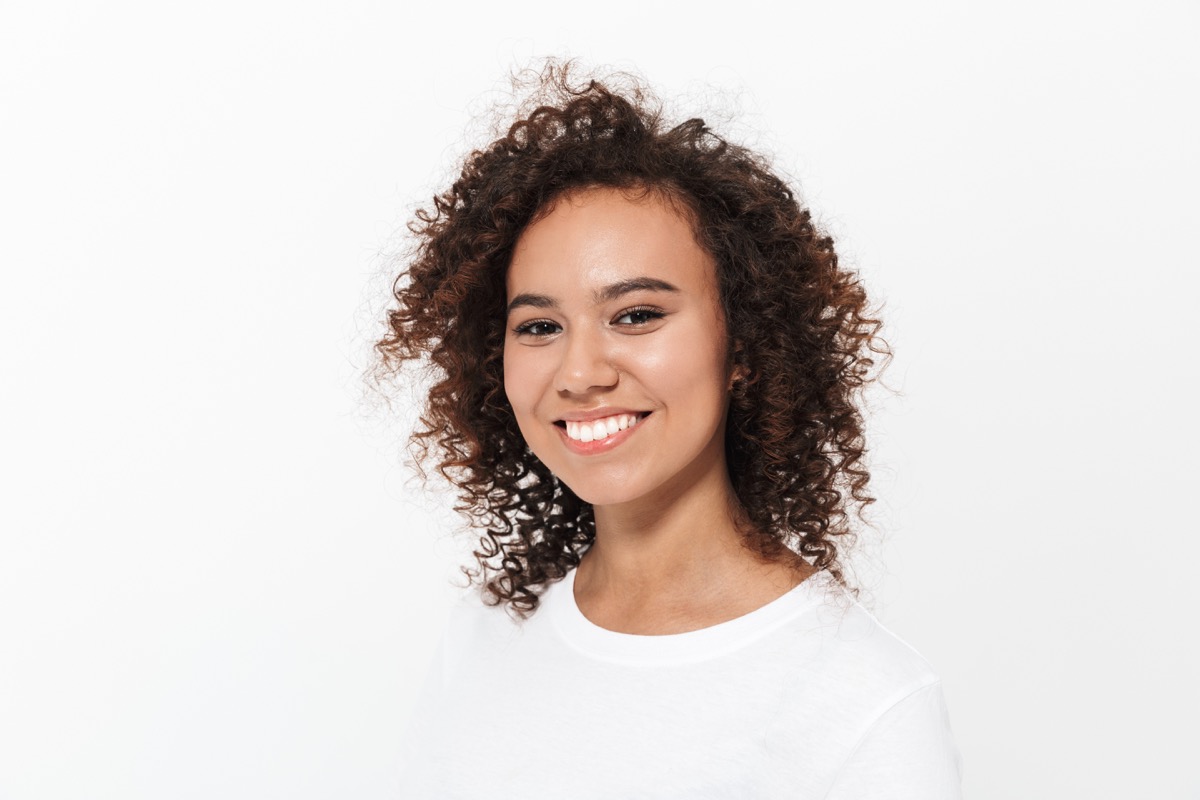
You can also work to repopulate your gut with healthy bacteria by eating foods rich in probiotics and taking a prebiotic supplement once in a while. Additionally, you should talk to your doctor about using a multivitamin supplement to tackle any nutritional deficiencies that could potentially be affecting the absorption rate of nutrients.
Overall, you will need to make a few lifestyle changes that include:
• Limiting fatty foods
• Reducing intake of red meats and deli meats
• Quitting tobacco smoking
• Maintaining a healthy weight and getting plenty of exercise
• Responding quickly to bowel urges
• Limiting usage of NSAIDs
• Eating a high-fiber diet whenever diverticulitis symptoms are not present
• Drinking up to 12 glasses of water daily.
More from Things Health
-
6 Things to Know About a Low FODMAP Diet
If you or someone you know suffers from Irritable Bowel Syndrome (IBS), you are likely familiar with the digestion problems that come with it including…
-
10 Effective Ways to Prevent and Cure Heartburn
Funnily enough, heartburn doesn’t have much to do with your heart. Heartburn occurs due to the release of stomach acid (also referred to as regurgitated…
-
Vitamin Deficiencies And Hair Loss
Now this is a typical question that's typically asked by people who're searching for a few simple and cheap ways to eventually put a finish…
-
Heart Disease And Obesity
Binge eating is regarded an eating disorder whenever you cannot stop yourself from eating a lot of food very quickly, even whenever you are not…
-
9 Tips for Dealing with Irritable Bowel Syndrome (IBS)
IBS is an inflammatory disease that is associated with abdominal pain but also other symptoms such as constipation and/or diarrhea. If you suffer from Irritable…


